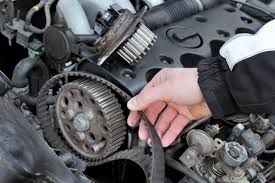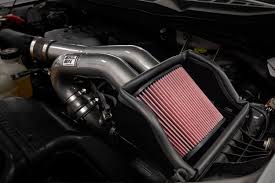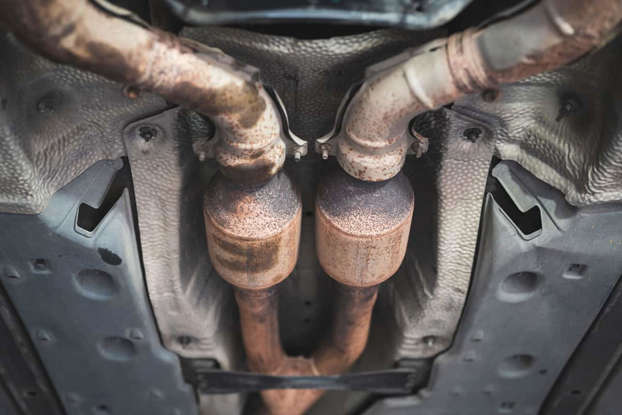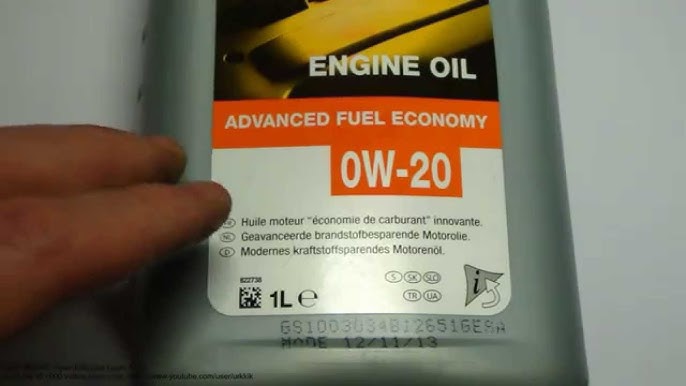Does a Timing Belt Need to Be Replaced?

Yes, a timing belt does need to be replaced at regular intervals as part of routine vehicle maintenance. The timing belt plays a crucial role in synchronizing the engine’s camshaft and crankshaft, ensuring that the engine’s valves open and close at the correct times during each cylinder’s intake and exhaust strokes. Over time, the timing belt can wear down, crack, or stretch, which could lead to engine performance issues or even engine damage if it breaks.
When Should a Timing Belt Be Replaced?
The replacement interval for a timing belt varies depending on the make and model of the vehicle. However, a common recommendation is to replace the timing belt every 60,000 to 100,000 miles or every 5 to 7 years, whichever comes first. It’s essential to consult your vehicle’s owner’s manual for the manufacturer’s specific recommendations for your car.
Signs That Your Timing Belt Needs to Be Replaced
While there may not always be visible signs of wear, here are some potential indications that your timing belt is due for replacement:
- Engine Misfire: If the timing belt is worn or damaged, it can cause the engine to misfire or have difficulty starting.
- Engine Performance Problems: Poor engine performance, including sluggish acceleration, could be a result of a faulty timing belt.
- Unusual Noises: A broken or loose timing belt might cause a ticking or rattling sound coming from the engine area.
- Visual Inspection: In some cases, you may be able to see visible cracks, frays, or wear on the timing belt during a mechanic’s inspection.
- Check Engine Light: The check engine light may illuminate if there’s an issue with the timing belt that affects the engine’s timing.
Why is Replacing the Timing Belt Important?
Failing to replace a worn-out timing belt can lead to severe engine damage. If the timing belt breaks, it can cause the engine’s pistons and valves to collide, resulting in bent valves, damaged pistons, or a destroyed engine. In many cases, replacing a timing belt before it fails can prevent costly repairs.
Conclusion
Yes, a timing belt does need to be replaced at regular intervals to ensure your engine runs smoothly. It’s crucial to follow the manufacturer’s recommendations for replacement to avoid potential engine damage caused by a broken timing belt. If you’re unsure when your timing belt was last replaced, it’s a good idea to have it inspected by a professional mechanic to avoid unnecessary risks.
Also Check:
• Does a Muffler Delete Hurt Your Car?






2 Comments